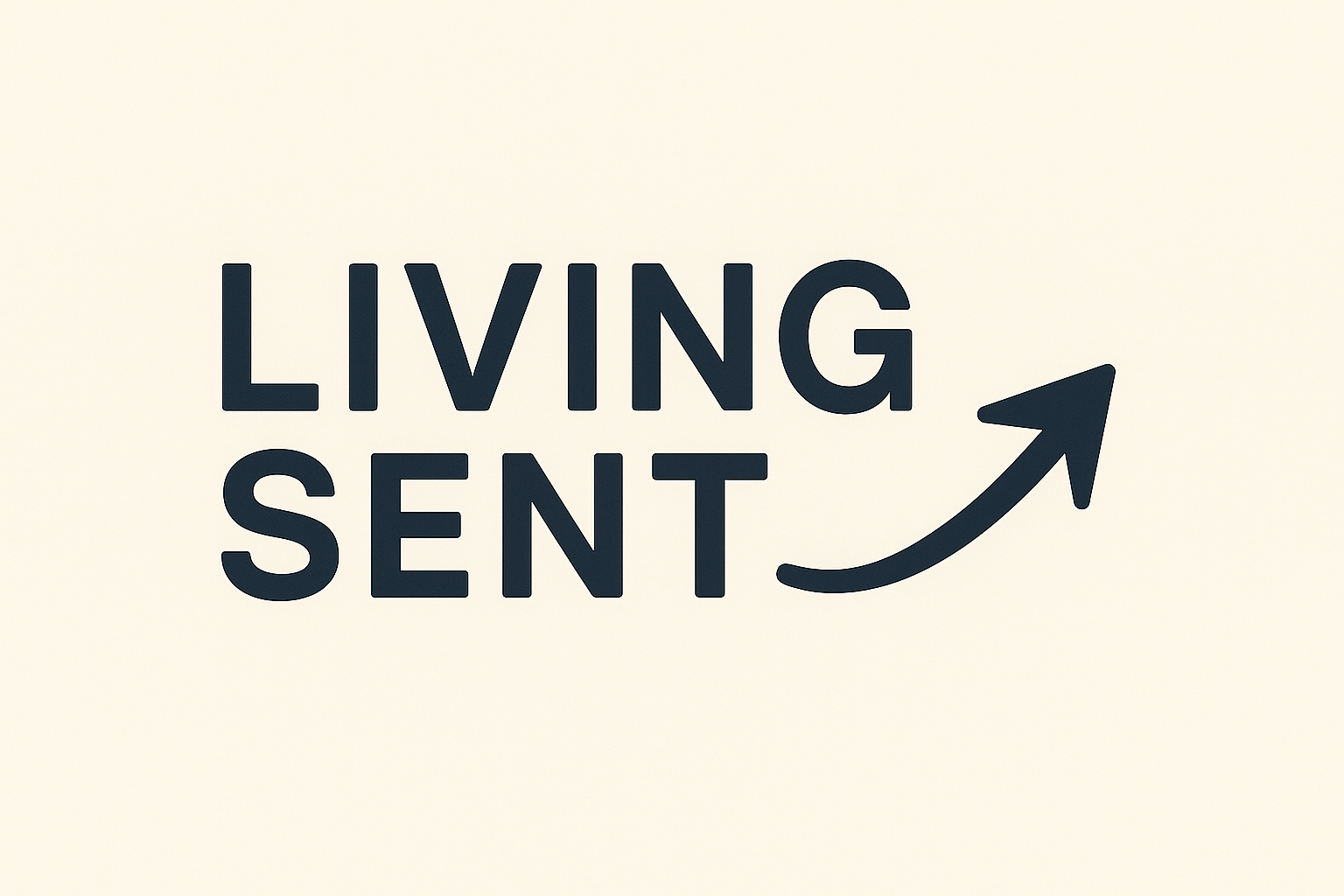Shalom and Justice — Love Made Public
Saturating the World with Shalom
A Wesleyan vision for a world healed by love, multiplied through disciples and churches.
Post 2: Shalom and Justice — Love Made Public
“Let justice roll on like a river, righteousness like a never-failing stream.” — Amos 5:24
The goal of salvation is not merely personal holiness—it’s wholeness for the whole world. In the Wesleyan-Holiness tradition, the word that captures this wholeness is Shalom—a deep, biblical peace that means more than the absence of conflict. Shalom is the presence of right relationship: with God, with others, with creation, and with ourselves.
But this vision of Shalom cannot stay private. It must move outward.
Justice is love made public. It is what holiness looks like when it walks into the world.
Holiness That Doesn’t Stay Hidden
In Luke 4:18–19, Jesus declared His mission by quoting Isaiah: to proclaim good news to the poor, liberty to the oppressed, and sight to the blind. That mission wasn’t metaphor. It was public, disruptive, liberating—and Spirit-empowered.
Micah 6:8 reminds us that God doesn’t just require worship or knowledge: He requires justice, mercy, and humble walking. In the same spirit, James writes that “pure and faultless religion” is caring for orphans and widows in their distress (James 1:27). In other words, justice is not optional for holiness people. To be filled with the Spirit is to be moved to repair the world.
If holiness never crosses into public pain, it isn’t holiness at all.
A Broken World Needs a Healing Church
The Wesleyan-Holiness tradition has always taught that the Spirit not only sanctifies individuals, but sends them. Entire sanctification isn’t the finish line—it’s the beginning of a life poured out for others.
Amos cried out against a people who sang worship songs while ignoring injustice. Too often, we’re tempted to pray for revival while stepping around the wounded. But God’s Spirit doesn’t avoid pain—it moves toward it. Shalom people are sent people.
We must not just believe in justice—we must embody it. That embodiment starts with presence.
Key Scriptures
- Luke 4:18–19 – Jesus' justice-shaped mission
- Micah 6:8 – What God requires: justice, mercy, humility
- Amos 5:24 – The call to let justice flow
- James 1:27 – Holiness expressed in care for the vulnerable
Live Sent Practice: Get Proximate
Before you speak justice, go listen where brokenness lives. This week, spend time in a place of pain—not to fix, but to see and hear.
- Visit a food bank
- Volunteer in an under-resourced school
- Sit quietly at a recovery center
- Walk a neighborhood that has suffered injustice
Then ask:
Where is God already at work here?
How might I join Him in quiet faithfulness?
Don’t underestimate the healing power of presence. Shalom begins not with a program, but with a person willing to show up.
In the next post, we’ll explore how this public holiness shapes the way we multiply disciples and churches—not as brands or buildings, but as communities of healing justice sent into every corner of the world.
Let’s live sent—not to be saviors, but to be Spirit-empowered witnesses to the One who is making all things new.
A Wesleyan vision for a world healed b
